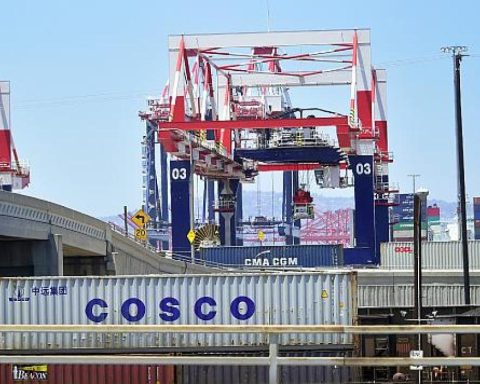“Deteriorating debt affordability and greater rigidity in public spending are hampering fiscal consolidation, following a widening of the public deficit this year, a departure from a long-standing history of low deficits regardless of economic pressures.” , explains in the note issued by Moody’s prior to the presentation of the 2025 Economic Package.
It also points out that with the reform of the Judiciary there is a risk of eroding the checks and balances of the country’s judicial system, with a potential negative impact on the economic and fiscal solidity of Mexico.
“While our assessment of the quality of institutions in Mexico is already low compared to its peer raters, particularly with regard to the rule of law and control of corruption, we will evaluate whether further deterioration in the policy-making framework policies and the independence of the judicial system could limit the government’s ability to address growing credit challenges,” he warns.
It adds that the government’s fiscal position has weakened in 2024, as the deficit widened to more than 5% of GDP, while the authorities’ ability to adjust accounts is limited by an increasingly rigid spending structure, a reduction in financial buffers and a narrow income base.
“Our current baseline considers that, after the fiscal slip in 2024, the government will only gradually reduce the deficit in the coming years. In this scenario, Mexico’s general government debt burden will increase above 45% of GDP in 2025 from 40% in 2023 and could continue to increase towards 50% in 2027-28 if more substantial consolidation does not occur,” details Moody’s.
Another important factor is Pemex, as it estimates that the contingent liabilities derived from the company may materialize in the government’s balance sheet.
The above without at the same time restoring the sustainability of Pemex’s long-term debt, which maintains fiscal risks for the government.
Furthermore, Moody’s says the rating affirmation Baa2 reflects its view that Mexico’s credit profile continues to benefit from solid economic strength that will continue to be supported by diversity and the potential benefits of nearshoring.
Just as modest macroeconomic imbalances thanks to a history of relatively prudent fiscal and monetary policies support the rating.
Treasury responds
For its part, the Ministry of Finance mentioned that the adjustment to negative does not necessarily imply a downgrade in the rating, it is a precautionary analysis of the perceived balance of risks.
In this balance, Moody’s assumes rigidities in public spending and challenges in fiscal consolidation, as well as the possibility of an institutional change that could influence the business climate.
“At the time of its Council, the agency did not have information on the 2025 Budget, the proposed fiscal policy for next year or the projections that the Ministry of Finance will deliver to the Congress of the Union tomorrow. This situation suggests that Moody’s analysis and perspective could have benefited from a more detailed and updated evaluation,” said the agency headed by Rogelio Ramírez de la O.
















